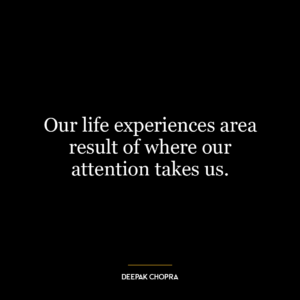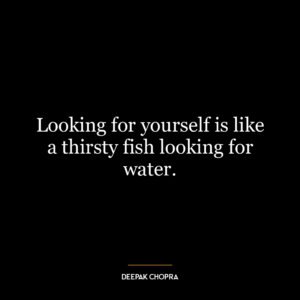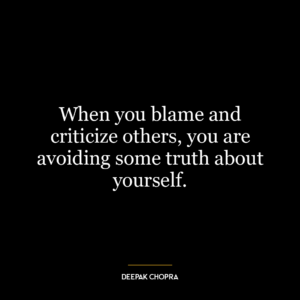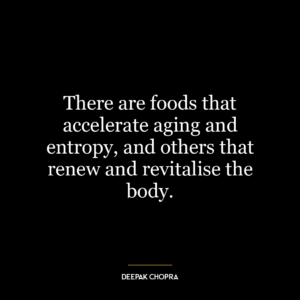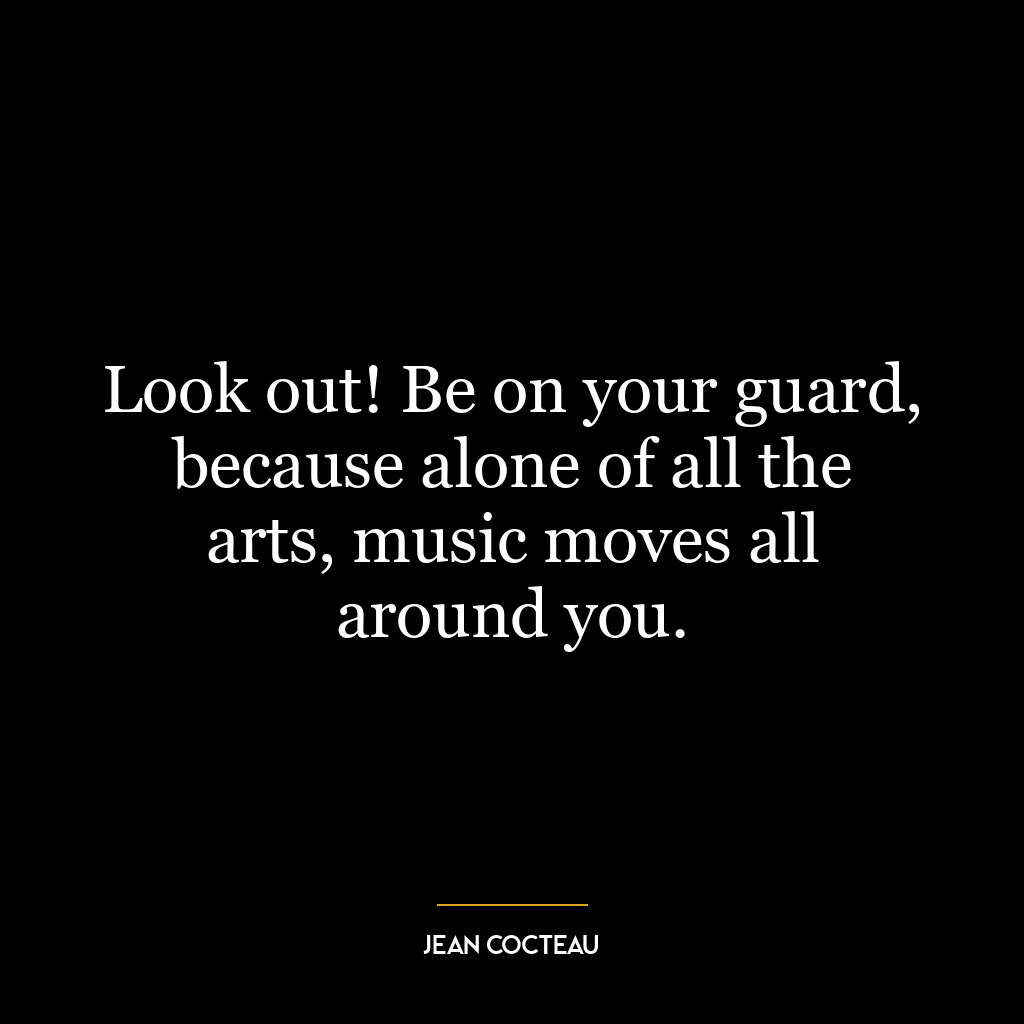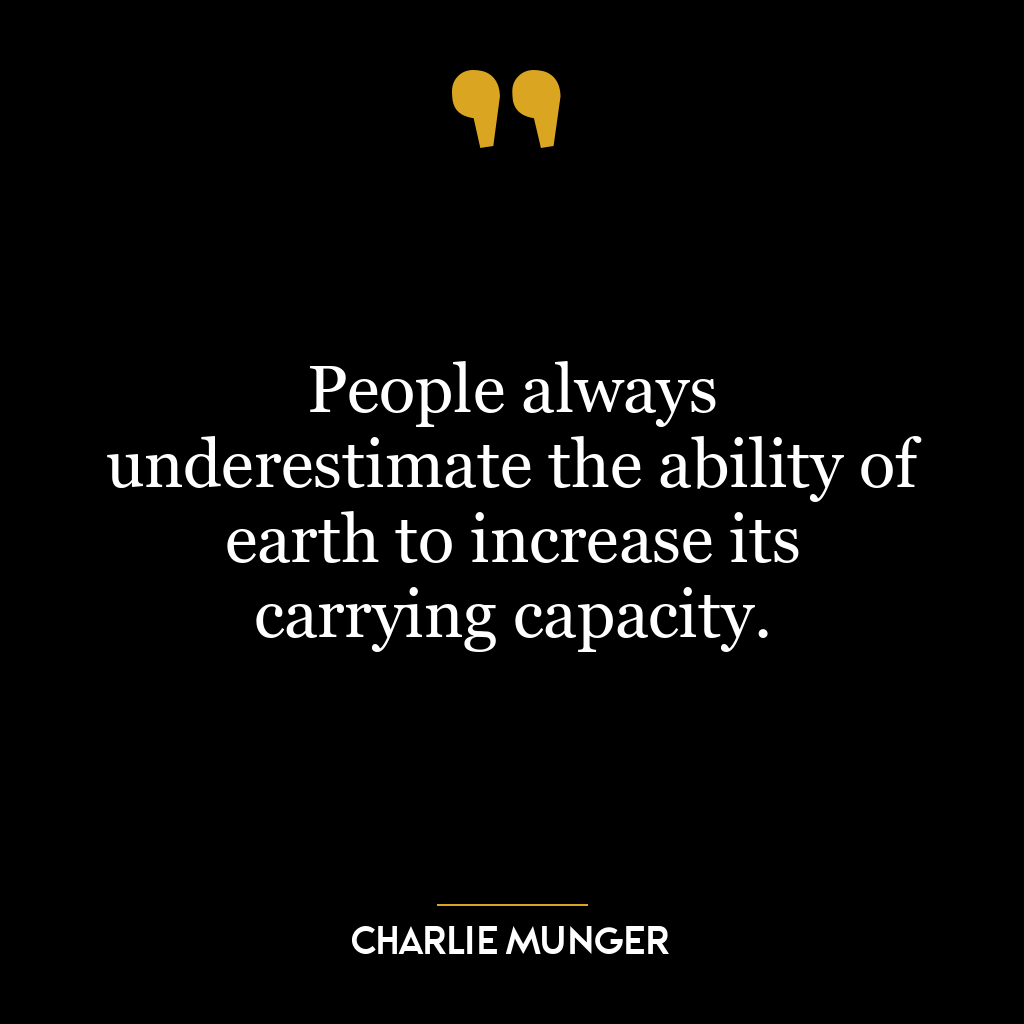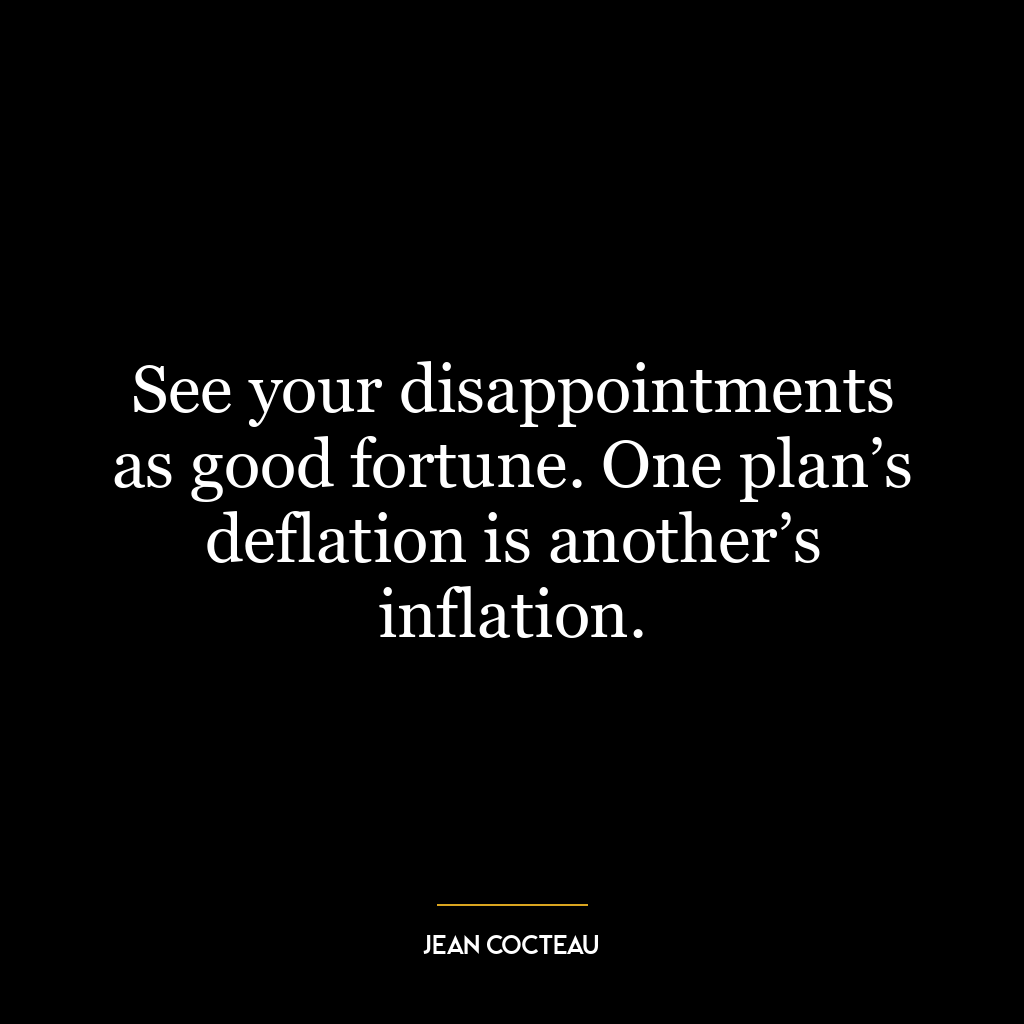Mastery of awareness requires that you never take personal offense” is a quote that underscores the importance of emotional resilience and self-awareness in personal development. It suggests that to truly understand and control one’s own consciousness, one must be able to navigate through life without taking things personally. This implies a level of detachment from external stimuli, where one’s self-perception and self-worth are not influenced by the opinions, actions, or words of others.
Taking offense is an emotional reaction that often arises from a perceived attack on one’s ego or identity. It can lead to feelings of anger, resentment, and hurt, which can cloud our judgment and prevent us from seeing situations objectively. The quote suggests that to master awareness, we need to move beyond this reactive state and cultivate a more mindful, accepting attitude.
Applying this idea in today’s world and in personal development involves developing emotional intelligence and practicing mindfulness. It means recognizing that everyone has their own perspectives and experiences, and their words or actions are often a reflection of their own realities rather than an accurate assessment of your worth or abilities. By not taking offense, you’re able to maintain your emotional balance, respond rather than react, and make more rational decisions.
Moreover, it’s about cultivating a strong sense of self that is not easily swayed by external influences. This involves self-reflection and self-acceptance, understanding your strengths and weaknesses, and acknowledging your worth independent of others’ opinions. This not only leads to personal growth but also improved relationships, as you’re less likely to engage in conflicts or harbor resentment.
In an era where social media and digital communication are prevalent, this quote is particularly relevant. Online platforms often expose us to criticism and negative feedback, which can be damaging to our self-esteem if taken personally. By mastering awareness and not taking offense, we can navigate these platforms more healthily, using them as tools for growth and connection rather than sources of stress and insecurity.



